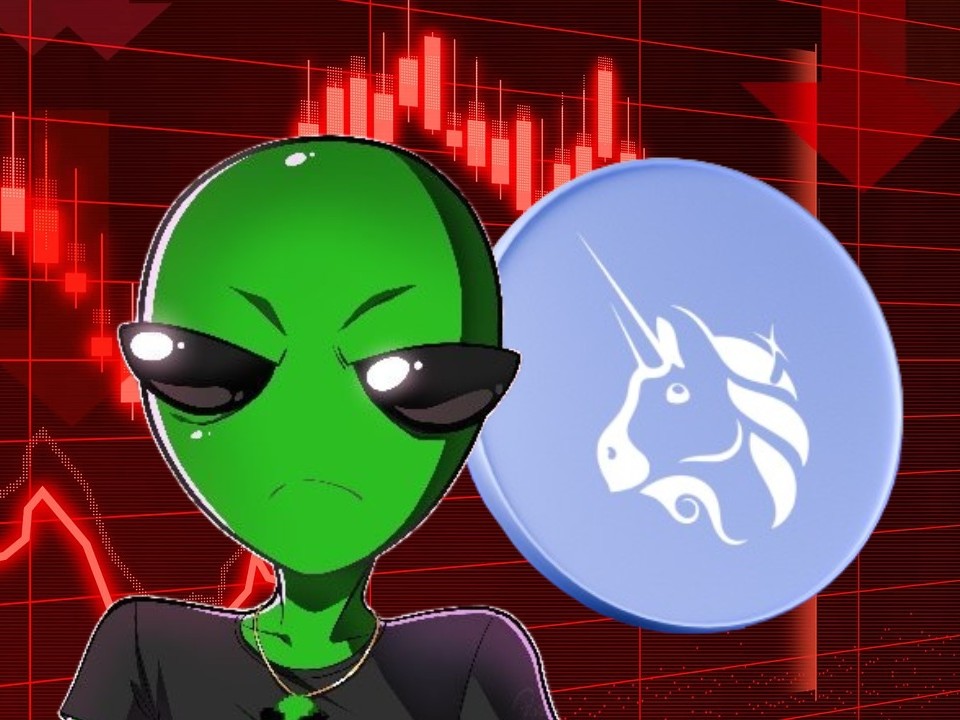
Uniswap Controversy: Delegate Leaves DAO Amid Allegations of Power Misuse
A top delegate within Uniswap's governance system has exited, criticizing the platform's leadership for perceived autocratic behavior.
Uniswap Controversy: Delegate Leaves DAO Amid Allegations of Power Misuse
A Uniswap delegate, known as Pepo, has announced his exit from the decentralized autonomous organization (DAO) in protest against what he describes as a power grab by the Uniswap Foundation. The move has sparked renewed debate around the platform’s governance practices.
Pepo, a significant player who managed 455,000 UNI tokens and was among the top twenty voting delegates, expressed discontent with the Foundation’s lack of engagement with community feedback. This incident raises questions about the decentralization ethos that Uniswap promotes and whether it is genuinely embraced.
In a scathing post published on the social media platform X, Pepo voiced his grievances, stating:
“The Foundation’s behavior seems to have prioritized insulation over collaboration, and in doing so, may have actively harmed Uniswap.”
(Translation: Pepo believes that the Foundation’s approach has separated itself from the community and hindered Uniswap’s growth.)
His departure is symbolic, yet its implications are significant, indicated by a recent $165 million treasury grant awarded to the Foundation after DAO approval in March. Critics argue that the Foundation is overstepping its bounds by exercising excessive control over these funds without adequate oversight.
Uniswap Foundation Attempts to Address Concerns
Despite the criticisms, Devin Walsh, the Executive Director of the Foundation, has asserted the importance of delegate participation:
“Delegate participation is essential… we take their feedback seriously.”
(Translation: Devin emphasizes that the Foundation values input from delegates, but this is contradicted by ongoing private discussions among influential wallet holders.)
However, multiple sources claim that critical decisions are formulated in private discussions, often avoiding community input, causing delegates to label the decision-making process as a “DAO theater.”
This controversy isn’t isolated; previous governance failures have also put Uniswap under scrutiny, particularly when Uniswap Labs launched its own blockchain without DAO input.
As UNI token holders continue to question the true leadership of Uniswap, it is clear that genuine decentralization remains a work in progress, with many hoping for substantial changes to restore confidence.


